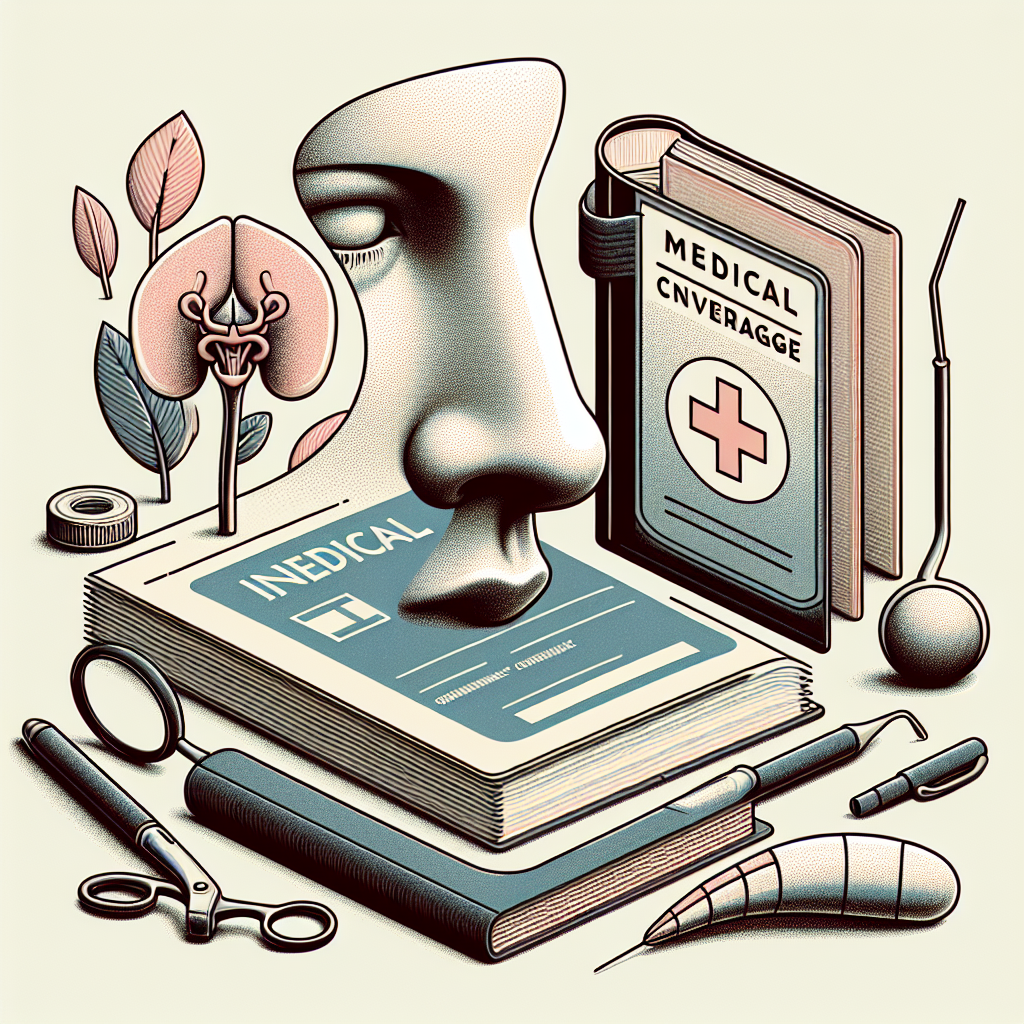Filed under Health Insurance on
"Guide to Getting Your Health and Life Insurance License"

Embarking on a career in the insurance industry can be both rewarding and challenging. One crucial step to kickstart this journey is obtaining your health and life insurance license. Whether you're looking to become an independent agent or join an established agency, this comprehensive guide will walk you through the necessary steps, offer insider tips, and prepare you for a successful career in insurance. Continue reading to learn how to navigate the licensing process smoothly.
Understanding the Importance of a Health and Life Insurance License
The health and life insurance license is a crucial credential for those wishing to sell and advise clients on health and life insurance policies. This license not only validates your expertise in the field but also ensures that you meet the established regulatory requirements to protect consumers. Licensing is mandated by state insurance departments, underscoring its importance in maintaining industry standards and consumer trust.
Prerequisites for Obtaining Your Health and Life Insurance License
Before diving into the licensing process, it's essential to understand the prerequisites. While requirements can vary slightly from state to state, there are common criteria you need to meet:
- Minimum Age: You must be at least 18 years old.
- Residency: You should be a legal resident or have a valid work authorization in the state where you want to practice.
- Educational Background: A high school diploma or GED is typically required, although some states might require further education.
- Pre-Licensing Education: Completing specific coursework is often mandatory before taking your licensing exam.
Pre-Licensing Education Requirements
Most states require aspiring insurance agents to complete pre-licensing education. This step ensures that candidates possess adequate knowledge about the insurance industry, regulations, and ethical standards. Here's what you can expect:
Course Curriculum
The coursework usually includes subjects like insurance principles, contract law, ethics, and specific topics related to health and life insurance. The objective is to provide a comprehensive understanding of the field.
Choosing a Pre-Licensing Course Provider
Select a state-approved course provider to fulfill this requirement. Many options are available, including online courses, in-person classes, or a combination of both. When selecting a provider, verify their credentials, track record, and mode of instruction to ensure they align with your learning preferences. Online courses offer flexibility for working professionals, while in-person classes might provide more direct interaction with instructors.
Preparing for the Health and Life Insurance Exam
With your pre-licensing education completed, the next step is passing the health and life insurance licensing exam. This exam assesses your understanding of insurance concepts, regulations, and ethical practices. Here's how to increase your chances of success:
Understanding the Exam Structure
Each state designs its exam format, which typically consists of multiple-choice questions. The exam will cover health insurance, life insurance, state-specific regulations, and ethical considerations. Familiarize yourself with the exam's content outline provided by the state's insurance department or your course provider.
Effective Study Strategies
Establishing a study plan is crucial. Allocate dedicated time slots for studying each week. Review course materials, take practice exams, and identify areas where you need improvement. Use tools like flashcards, study groups, or online resources to reinforce your knowledge. Consistent practice will boost your confidence and competence.
Handling Exam Day
On exam day, ensure you have all necessary documents, such as identification and the exam confirmation. Arrive early to accommodate any unforeseen delays. Maintain a calm demeanor and manage your time wisely during the exam. Answer questions methodically, revisiting difficult ones if time permits.
Completing the Licensing Application Process
Once you've passed the exam, the next hurdle is the licensing application process. This involves submitting various forms and information to the state's insurance department.
Documents Required
- Exam Results: Proof of passing your licensing exam.
- Pre-Licensing Course Certificate: Evidence of completing the required pre-licensing education.
- Personal Information: Submit a background check, fingerprints, and other personal identification details.
Fees and Associated Costs
Processing your application typically incurs fees, covering administration and background check expenses. These fees differ across states; consult your state’s insurance department for exact figures. Budget accordingly to avoid financial surprises during the process.
Maintaining Your Health and Life Insurance License
Achieving licensure is not the end—it's just the beginning. Staying compliant with state regulations and industry standards requires ongoing effort:
Continuing Education
Many states mandate continuing education (CE) to renew your license. CE courses ensure you stay updated with evolving regulations, industry trends, and innovations. Enroll in state-approved CE programs to fulfill this requirement. Regularly check your state’s continuing education requirements to remain in good standing.
License Renewal
Be aware of your license's renewal period. Each state has its schedule, commonly every two to three years. Failing to renew on time can lead to penalties or suspension. Set reminders well ahead of your license expiration date to ensure a seamless renewal process.
Challenges and Opportunities in the Insurance Industry
The insurance industry is fraught with both challenges and opportunities. Understanding these dynamics helps you navigate your career effectively:
Common Challenges
- The industry's regulatory landscape often shifts, requiring agents to adapt quickly to new rules and standards.
- Competition is intense, especially from online platforms and direct insurers.
- Building a client base demands persistence and exceptional networking skills.
Opportunities for Growth
- There’s rising demand for personalized insurance solutions, providing agents opportunities to tailor products to specific client needs.
- Technological advancements enable more efficient client communication and policy management.
- Expanding your expertise in niche markets can set you apart and attract specialized clientele.
Industry Trends to Watch
Being attuned to industry trends keeps you competitive and informed. Presently, digital transformation, data analytics, and changing consumer expectations reshape the landscape. Embracing these changes positions you as a forward-thinking professional capable of meeting modern demands.
Final Thoughts
Pursuing a career in insurance starts with obtaining your health and life insurance license. Successfully navigating this process paves the way for a dynamic and fulfilling career. Stay committed to ongoing education, adapt to industry shifts, and always prioritize your clients' needs. By doing so, you'll excel as a trusted advisor in health and life insurance.
For those ready to embark on this journey, remember that preparation and perseverance are your best allies. By equipping yourself with knowledge and understanding the road ahead, your aspirations of becoming a successful insurance agent are well within reach.





